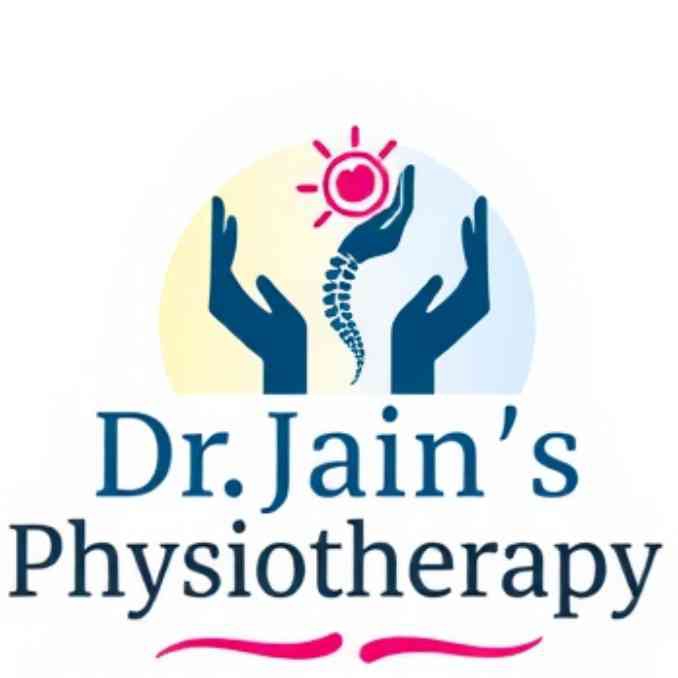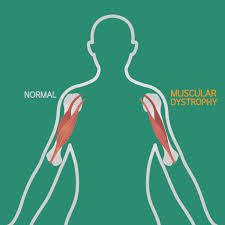+918045132690

This is your website preview.
Currently it only shows your basic business info. Start adding relevant business details such as description, images and products or services to gain your customers attention by using Boost 360 android app / iOS App / web portal.
Description
Key aspects of physiotherapy in muscular dystrophy: Maintaining Muscle Strength and Flexibility: Physiotherapy focuses on preserving and improving muscle strength through various exercises and techniques. Gentle stretching and range-of-motion exercises help prevent contractures (tightening of muscles and joints) and maintain flexibility. Improving Functional Abilities: Physiotherapists work to improve functional activities like walking, standing, and transferring, often using assistive devices to support mobility and independence. Addressing Pain: Physiotherapy can help manage pain associated with muscular dystrophy through techniques like massage, stretching, and exercises designed to reduce muscle tension and discomfort. Respiratory Management: In some forms of muscular dystrophy, respiratory muscles can be affected. Physiotherapy may include respiratory techniques, such as assisted coughing and diaphragmatic breathing exercises, to improve breathing capacity. Education and Support: Physiotherapists provide education and support to individuals with muscular dystrophy and their families, helping them understand the condition and manage its challenges. Specific Techniques Used: Manual Muscle Testing and Range of Motion Tests: These assessments help evaluate muscle strength and joint movement to guide treatment planning. Stretching: Active and passive stretching exercises are used to improve flexibility, prevent contractures, and manage muscle stiffness. Strengthening Exercises: Low-impact aerobic exercise and submaximal strength training are often recommended to maintain muscle strength. Assistive Devices: Braces, canes, and wheelchairs may be used to support mobility and independence. Respiratory Techniques: Exercises and techniques to improve breathing and manage respiratory complications. Importance of Early Intervention: Early intervention with physiotherapy is crucial for maximizing the benefits of treatment and maintaining functional abilities for as long as possible.


